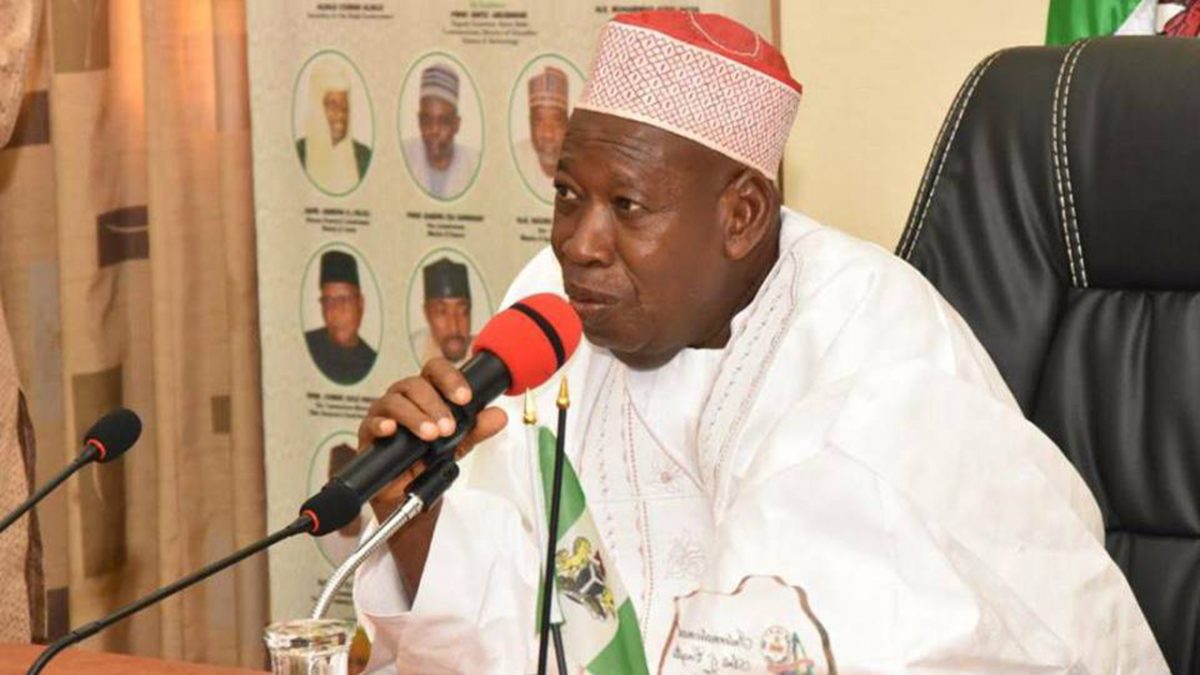KANO, Nigeria – A Kano State High Court has set April 17, 2024, as the date for the arraignment of Abdullahi Ganduje, the immediate past governor of Kano State and national chairman of the All Progressives Congress, APC, along with his wife Hafsat, their son Umar, and five others on multiple charges related to corruption allegations.
The charges include bribery and the misappropriation of public funds, involving amounts that total $413,000 and N1.38 billion.
Justice Usman Malam Na’aba is slated to preside over the case, which has drawn significant attention due to the high-profile nature of the accused and the serious nature of the allegations.
The Kano State Government, having assembled a team of 15 witnesses, expresses readiness to present a strong case against Ganduje and the co-accused, which includes individuals and corporate entities such as Abubakar Bawuro, Jibrilla Muhammad, Lamash Properties Ltd, Safari Textiles Ltd, and Lesage General Enterprises.
The Attorney General and Commissioner of Justice for Kano State, Haruna Dederi, confirmed the details of the arraignment and emphasised the importance of accountability in governance.
“It is very true. We have filed the case and it’s going to hold on the 17th of April, 2024. What I cannot confirm is whether he is served or not, but he will definitely be served,” Dederi stated.
He also remarked on the inevitability of facing consequences for actions taken in office, suggesting that the trial could serve as a deterrent to others.
“What he (Ganduje) doesn’t understand is that you cannot run away from the evil day, it will definitely come to you, and this will even serve as a deterrence to all of us that are also in government now,” he added.
The allegations against Ganduje and his co-accused include serious financial misconduct, with implications for both the integrity of public office and the rule of law in Nigeria.
Dederi also addressed challenges related to the jurisdiction over the case, highlighting efforts to appeal a ruling by Justice Liman and emphasising the state’s authority to prosecute the offences.







